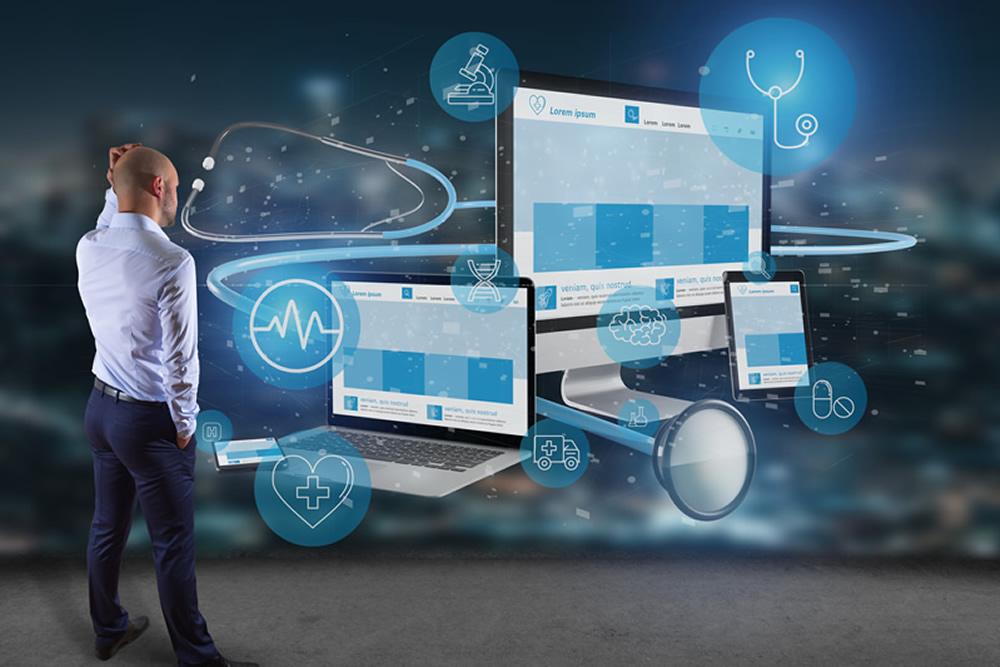Marketing medical products requires precision, cultural sensitivity, and regulatory compliance. When translating medical marketing materials, it's crucial to maintain the integrity and accuracy of the information while making it relatable and understandable for the target audience. Here are some essential dos and don’ts to consider when translating these materials.
Dos:
1. Do Ensure Accuracy and Clarity: Accuracy is essential in medical marketing translations. Ensure that all medical terms, dosages, and instructions are translated correctly. Clarity should also be a priority to avoid any misinterpretation that could potentially harm patients or mislead healthcare professionals.
2. Do Adapt to Local Regulations: Different countries have unique regulations regarding medical advertising. Ensure your translations comply with the local laws and guidelines to avoid legal issues. This may involve adapting or rephrasing certain content to meet regulatory requirements.
The U.S. Food and Drug Administration (FDA) is responsible
for regulating medical devices, pharmaceuticals, and other health-related
products in the United States. It sets stringent guidelines for marketing
materials, ensuring that all information is accurate, not misleading, and
compliant with federal regulations. This includes the requirement for
translations to maintain the same standards as the original content.
The European Medicines Agency (EMA) oversees the evaluation and supervision of
medicinal products for human and veterinary use in the European Union. It
provides guidelines on the quality and content of translated materials,
ensuring that all translations are accurate and culturally appropriate. The EMA
requires that translated marketing materials comply with the linguistic and
regulatory standards of each EU member state.
3. Do Localize for Cultural Relevance: Localization goes beyond language
translation. It involves adapting the content to reflect the cultural nuances,
beliefs, and values of the target audience. This ensures the marketing
materials resonate with the local population and are more effective in
conveying the intended message.
4. Do Use Professional Medical Translators: Utilize translators who specialize in medical terminology and have experience in the life sciences sector. Professional medical translators are familiar with the specific jargon and can provide translations that are both accurate and contextually appropriate.
5. Do Conduct Thorough Quality Assurance: Implement a rigorous quality assurance process that includes multiple reviews by different experts. This ensures that the translation is accurate, consistent, and free of errors. Peer reviews and back-translations can be part of this process to verify the accuracy of the translation.
Don’ts:
1. Don’t Rely Solely on Machine Translation: While machine translation can be a useful tool for initial drafts, it should never replace human expertise. Medical marketing materials require a nuanced understanding that machines cannot provide. Relying solely on machine translation can lead to errors and misinterpretations.
2. Don’t Ignore Cultural Sensitivities: Failing to consider cultural differences can result in marketing materials that are ineffective or even offensive. Avoid using idiomatic expressions or culturally specific references that may not translate well into the target language.
3. Don’t Use Untrained Translators: Avoid using translators who lack expertise in the medical field. Untrained translators may not understand the specific terminology and could introduce errors that compromise the accuracy and effectiveness of the marketing materials.
4. Don’t Overlook Legal Implications: Ignoring the legal aspects of medical marketing translations can lead to serious consequences. Ensure that your translations adhere to all relevant legal and regulatory requirements to avoid penalties and ensure compliance.
5. Don’t Neglect the Target Audience: Always consider the target audience when translating medical marketing materials. Tailor the language, tone, and style to match the preferences and expectations of the local population. Neglecting the target audience can result in materials that fail to engage and inform effectively.
Importance of Partnering with an Experienced Translation Provider
Partnering with an experienced translation provider like Powerling can make a significant difference in the quality and effectiveness of your medical marketing translations. Powerling brings a wealth of experience and expertise to the table, ensuring that your materials are translated accurately and culturally appropriately. Our team of professional medical translators is well-versed in the nuances of medical terminology and regulatory requirements, providing you with peace of mind and ensuring that your marketing materials meet the highest standards of quality and compliance. By choosing Powerling, you benefit from our rigorous quality assurance processes and their commitment to delivering translations that resonate with your target audience and support your marketing objectives.
Bottom Line
Translating medical marketing materials requires a careful balance of accuracy, cultural relevance, and regulatory compliance. By following these dos and don’ts and partnering with an experienced translation provider like Powerling, you can ensure that your marketing materials effectively communicate your message and achieve your business goals in the global market.

